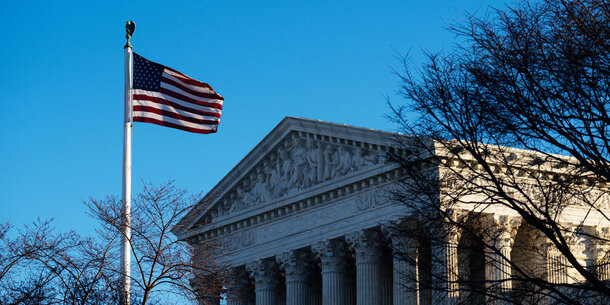*** Media Advisory ***
For Planning Purposes Only
May 26, 2021
What: “Oversight of the Voting Rights Act: A Continuing Record of Discrimination,” a hearing before the House Judiciary Committee’s Subcommittee on the Constitution, Civil Rights, and Civil Liberties
When: Thursday, May 27, 2021, 10 AM ET
Where: Livestream available here
Who:
- Jon Greenbaum, Chief Counsel and Senior Deputy Director, Lawyers’ Committee for Civil Rights Under Law
- Janai Nelson, Associate Director-Counsel, NAACP Legal Defense and Educational Fund
- T. Russell Nobile, Senior Attorney, Judicial Watch
- Wendy Weiser, Vice President, Democracy, Brennan Center for Justice at NYU Law
Background: The Voting Rights Act is widely considered to be the most effective civil rights legislation in our nation’s history. It was passed in 1965 to ensure that state and local governments do not deny American citizens the equal right to vote based on their race, color, or membership in a minority language group. In 2013 the Supreme Court severely weakened the law’s most powerful provisions, making it easier for states to pass discriminatory voting laws. Wendy Weiser will argue that a revitalized Voting Rights Act is essential to combat state-level voter suppression and will urge Congress to pass the John Lewis Voting Rights Advancement Act, which would restore and strengthen Section 5 of the landmark law, and the For the People Act, which would set a basic federal foundation for voting access to fill gaps that the John Lewis act can’t fully address.
Brennan Center Resources
- How to Restore and Strengthen the Voting Rights Act
- The Effects of Shelby County v. Holder
- Annotated Guide to the For the People Act

